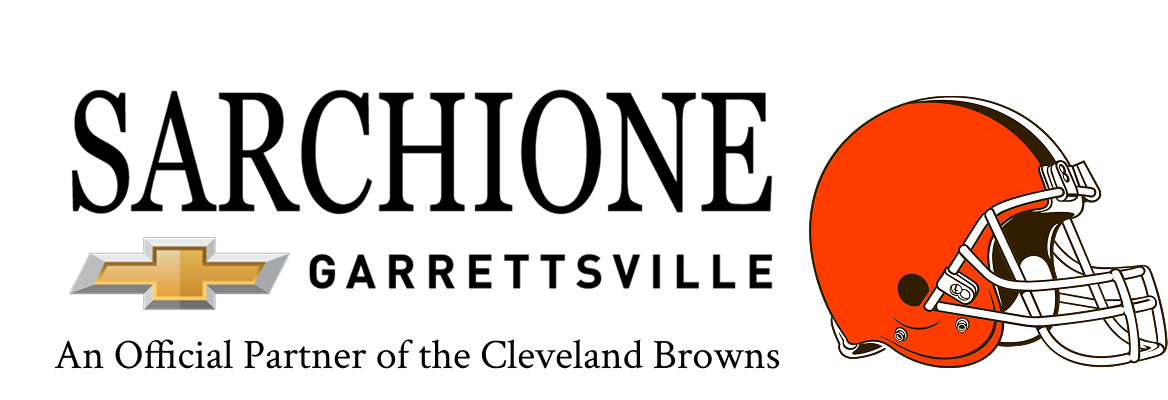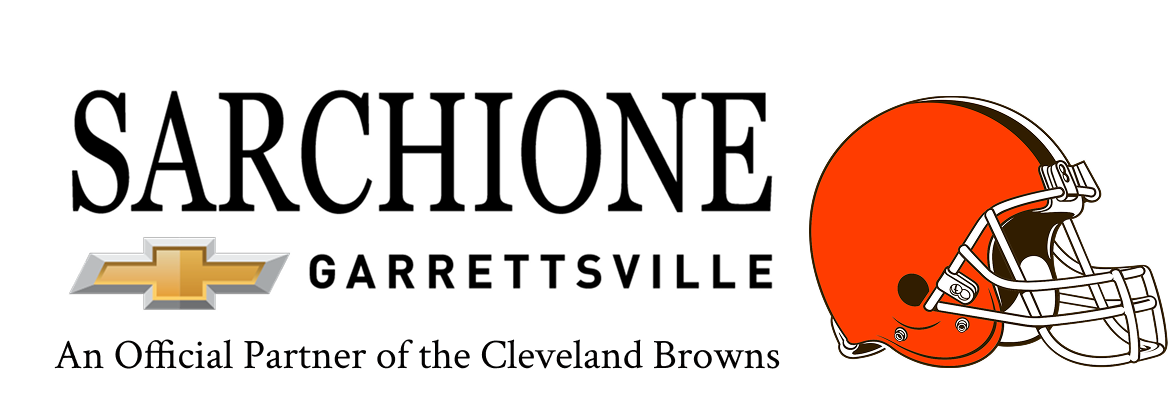The Engine Control Unit (ECU) is a critical component in modern Chevy vehicles. It serves as the brain of the engine, managing various systems like fuel injection, ignition timing, and emission control. When the ECU begins to fail, it can cause a variety of problems that can affect your vehicle’s performance and fuel efficiency.
Recognizing Chevy ECU problems early can save you time and money by preventing more significant issues. This article will help you identify common symptoms of ECU problems and understand the potential causes behind them.
Understanding the Role of the ECU
The ECU is a computer that controls and monitors various aspects of the engine’s performance. It receives data from sensors throughout the vehicle and uses that information to make real-time adjustments to guarantee optimal engine operation. When the ECU is working properly, your engine runs smoothly, with proper fuel efficiency, minimal emissions, and reliable performance.
However, when the ECU experiences issues, it can disrupt these critical functions, leading to poor engine performance, decreased fuel economy, and increased emissions. Identifying signs of ECU problems early can help you address the issue before it leads to more expensive repairs or breakdowns.
Common Symptoms of Chevy ECU Problems
If you suspect that your Chevy’s ECU is malfunctioning, there are several common symptoms to watch for. These signs may indicate that the ECU is failing or that there is an issue with one of the systems it controls.
Engine Misfires and Poor Performance
One of the most noticeable symptoms of ECU problems is engine misfires. When the ECU cannot properly control fuel injection or ignition timing, it can cause the engine to misfire, leading to rough idling, stalling, and poor acceleration. If you notice your vehicle struggling to accelerate or idling unevenly, the ECU may be responsible for the issue.
Check Engine Light
A malfunctioning ECU often triggers the check engine light on your dashboard. While this light can indicate a range of issues, it is a common sign of an ECU problem. If the check engine light comes on and you experience other symptoms like poor engine performance or strange behavior, it’s worth having the ECU inspected.
Decreased Fuel Efficiency
A failing ECU can affect your vehicle’s fuel efficiency. If the ECU is unable to adjust fuel injection properly, it may lead to over-fueling or under-fueling, causing your vehicle to consume more gas than usual. A significant drop in fuel efficiency, especially if it happens suddenly, could be a sign of an ECU issue.
Erratic Idling or Stalling
When the ECU struggles to control engine functions, it can cause erratic idling or stalling. If your Chevy is frequently stalling or idling at fluctuating speeds, the problem could be rooted in the ECU. These issues are often more noticeable when the engine is cold or when the vehicle is idling for an extended period.
Causes of Chevy ECU Problems
Electrical Failures
The ECU relies on electrical power to operate, and any failure in the vehicle’s electrical system can affect its performance. Issues such as damaged wiring, faulty fuses, or malfunctioning sensors can send incorrect data to the ECU or disrupt its function. A weak or dead battery can also cause the ECU to malfunction if it doesn’t receive a consistent power supply.
Corrosion or Physical Damage
Like any electronic component, the ECU is susceptible to wear and tear over time. Exposure to moisture, heat, or physical shock can cause corrosion or damage to the ECU, leading to malfunctions. If the ECU has been exposed to water or extreme temperatures, it may experience issues with communication between sensors and components, causing engine performance problems.
Software or Programming Errors
Sometimes, ECU problems are caused by software or programming issues. A corrupt or outdated software version can cause the ECU to misread data or make incorrect adjustments. In some cases, the ECU may need to be reprogrammed or reset to restore proper functionality.
Diagnosing and Repairing ECU Problems
Diagnosing a faulty ECU typically requires specialized diagnostic tools that can read trouble codes stored in the vehicle’s computer system. A mechanic will use an OBD-II scanner to check for any error codes that may point to ECU-related issues. In addition to reading the codes, the mechanic will likely perform additional tests to verify the condition of the ECU and its connections.
Once the problem has been identified, repairing the ECU may involve replacing faulty components, fixing damaged wiring, or updating the software. In more severe cases, the ECU itself may need to be replaced. Replacing an ECU can be costly, but it’s often the most effective solution if the unit has suffered significant damage.
Identifying Chevy ECU problems early is key to maintaining your vehicle’s performance and avoiding more severe engine issues. Symptoms such as engine misfires, a check engine light, decreased fuel efficiency, and erratic idling should not be ignored.
Regular diagnostic checks and timely repairs can help prevent costly damage and keep your engine running smoothly. If you suspect an issue with your ECU, consulting with technicians at a certified Chevy service center will help you determine the root cause.


